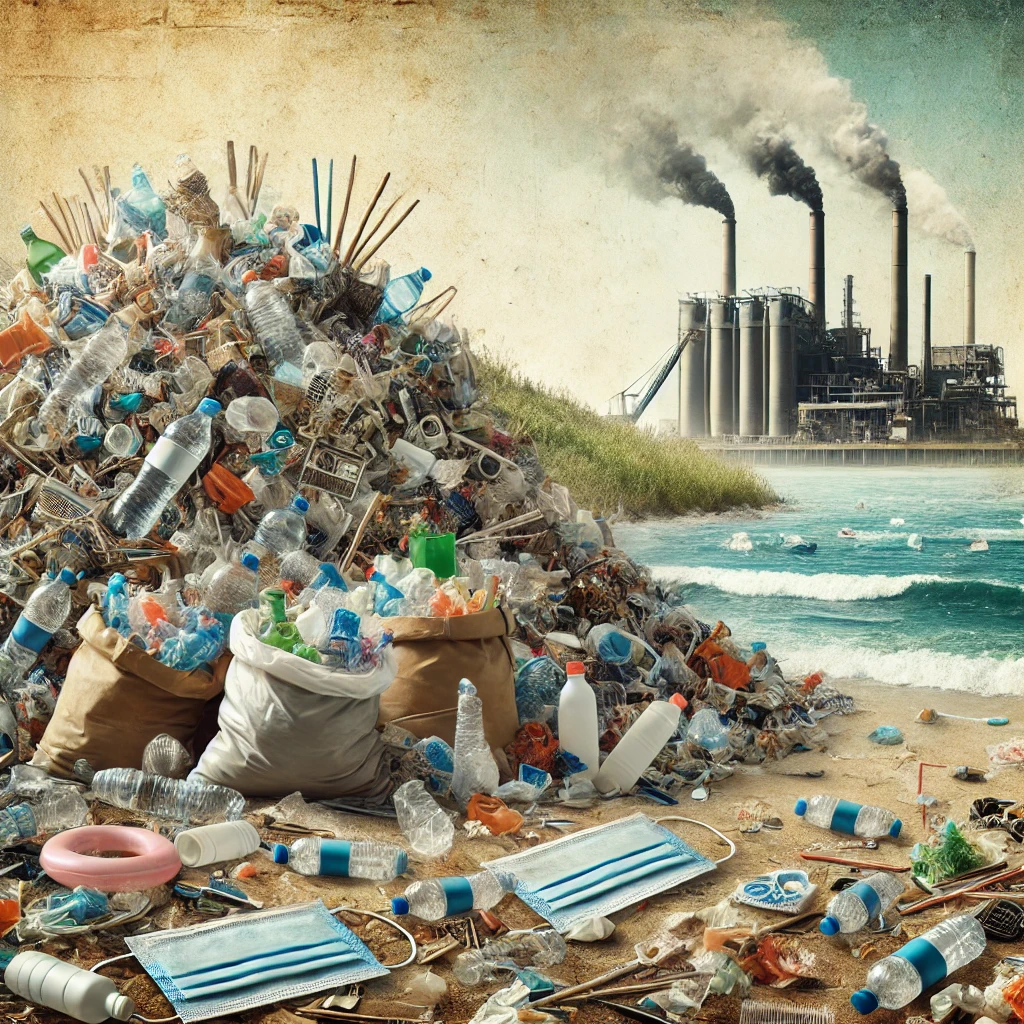What causes plastic waste?
Article Source: IJEAST - Causes of Plastic Waste

Why you should care
Plastic waste is a massive global problem. We use plastic every day, and much of it ends up polluting our oceans and landfills. This pollution harms wildlife, affects ecosystems, and contributes to climate change. If we don't address it soon, the amount of plastic in our oceans could triple by 2050. Learning about the causes of plastic waste helps us take action and protect our planet.
Answering the question… What causes plastic waste?
The research shows that 300 million tons of plastic are produced each year, and about 50% of this plastic is single-use. Items like plastic bags, bottles, and packaging are used once and then discarded. Over 8 million tons of plastic waste enter our oceans annually, contributing to pollution and harming marine life. The lack of proper waste management and recycling systems worldwide makes this problem worse.
How was the study done?
The study reviewed global data on plastic production and waste management, analyzing patterns in plastic use, disposal, and recycling. Researchers looked at waste systems in different countries and examined how much plastic is recycled, incinerated, or sent to landfills. They also assessed the environmental impact of plastic pollution, particularly in marine ecosystems.
What was discovered?
- The world produces 300 million tons of plastic each year, with 50% of it being single-use items like bottles and bags.
- Only about 9% of plastic is recycled globally, while 79% of plastic ends up in landfills or the environment.
- Around 8 million tons of plastic enter the oceans annually, affecting marine life. Over 100,000 marine animals die each year from plastic entanglement or ingestion.
- By 2050, if no action is taken, the amount of plastic in the oceans could surpass the weight of all fish.
- 90% of seabirds and 50% of sea turtles have ingested plastic, showing how widespread the issue has become.
- Countries with effective recycling systems, like Germany, recycle over 56% of their plastic waste, showing that better systems can reduce the problem.
Why does it matter?
The findings highlight the urgent need for better waste management and recycling systems. If we don't act, plastic pollution will continue to grow, harming wildlife, ecosystems, and human health. By improving recycling rates, reducing single-use plastic, and investing in biodegradable alternatives, we can make a big difference. The time to act is now, and small changes can have a huge impact on protecting the environment.
